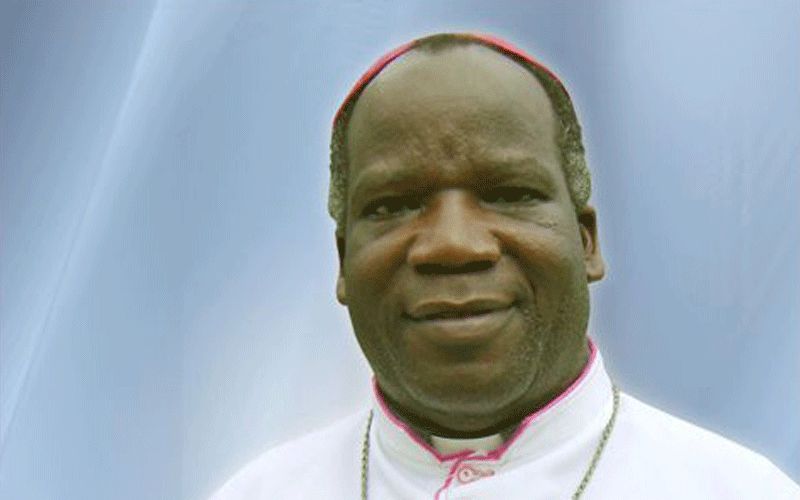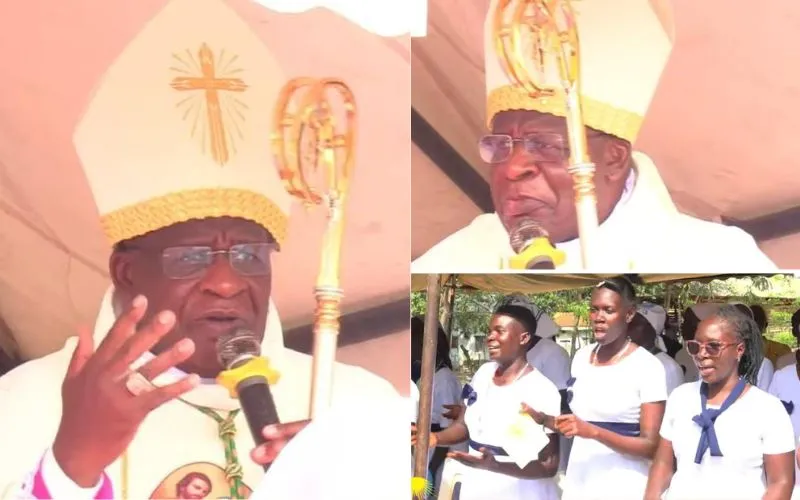The official results showed that Mutharika of the Democratic Progressive Party (DPP) had won re-election but by a narrow margin, a situation that marked by vote rigging claims, including the opposition leader Lazarus Chakwera obtaining a temporary injunction to halt the announcement of the results. The disputed results showed about three-point margin, with Mutharika winning with 38.57% against Chakwera of the Malawi Congress Party (MCP) with 35.41%.
According to a media report, after the release of the election results, some citizens “torched part of government office, stoned and broke offices of the Japan International Cooperation Agency (JICA) head office and destroyed buildings and property in some parts of the city.”
Archbishop Msusa confirmed the report during the interview with ACI Africa saying, “Soon after the announcement of election results, there has been demonstrations which has gone as far as destroying people’s property and even killing each other,”
“This is what has triggered this National Day of Prayer since demonstrations began after the last general elections which were held on 21st of May this year,” Archbishop Msusa clarified.
“It is because of this we are trying to secure peace since people are really scared, the businesses sometimes are at a standstill, there are demonstrations and shops are destroyed,” The Malawian Prelate who belongs to the religious congregation of Montford Missionaries said.
As the Church marks the prayer day of peace Saturday, October 19, all the dioceses in Malawi will have Eucharistic celebration and the same peace message will be proclaimed in the various Cathedrals.
“We as the Church have decided that even though we have different religions for this service each diocese will celebrate Mass in a Cathedral, we have chosen the same readings, we have written one homily that will be read in all diseases to send the same message of peace and reconciliation,” Archbishop Msusa disclosed to ACI Africa emphasizing the need for the inhabitants of Malawi to receive the same message of peace, which is currently lacking in the country because of political crisis.
The country of Malawi has a tradition of having joint prayers of various religions normally organized by Public Affairs Committee (PAC), a quasi-religious body formed in 1992 during the country’s political transition from one party to multiparty system of government, and a mother body of all religions, as Archbishop Msusa confirmed.
“It is a normal practice that in case of any problem or national disaster in the country, we normally come together as a nation to hold peace prayers as Catholics, other Christian denominations and Muslims,” Archbishop Msusa who has been in Nairobi for the Executive Board meeting of the Association of Member Episcopal Conferences in Eastern Africa (AMECEA) said.
“This time the government is involved and so they (PAC) have not organized for National prayer and that is why the Catholic Church has taken the lead to pray for peace and reconciliation,” Archbishop Msusa clarified.








